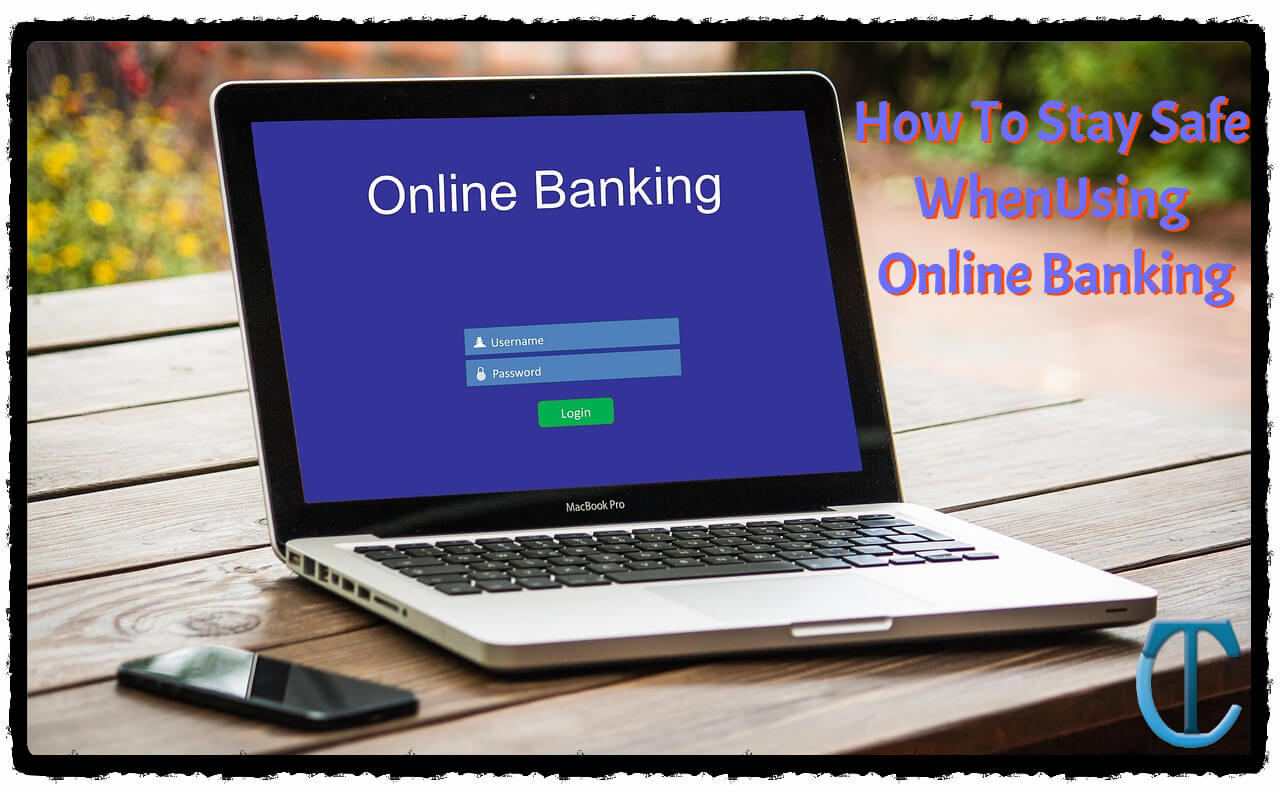Introduction
Despite the risks, we cannot deny that online banking is making things much easier in terms of quick, seamless transactions for individuals and businesses all over the world.
Here is how you can ensure safety with your online banking and enjoy continued smooth transactions.
1. Choose The Right Bank
Whether the online banking account is personal or for a commercial purpose, choosing the right bank is crucial. In the day of the internet, there shouldn’t be any information out of your reach.
Whichever online banking facility you are going for, try to collect as much information about it. Customer feedback is the first place you should look for. Check the bank's site to learn more about them and research client reviews online.
2. Secure Your Passwords
Securing your passwords for these online banking applications is very important. Here is some of the expert advice on how you can secure your password.
- Try to use the OTP option when logging in to your account every time.
- Try difficult passwords which are long and have symbols.
- Try multiple authentications when you log in. Yes, it will take some time, but this patience will save you.
- Do not use someone else’s desktop or device to log in to your online banking.
- Do not let the browser save and automatically fill in the details.
3. Do Not Share Account Detail
Your online banking will always ask for your account details, but it is the other scams that you have to be wary about. For example, if you are getting a text claiming to be sent from the official online banking account or you get a call asking for banking details, do not share for any reason. If you’re concerned, call the bank directly.
4. Stay Away From Public Wifi
Public wifi is like a poison to your online safety. If you are making any online transactions from your online baking, stay away from public Wi-Fi. Public Wi-Fi is like a hotspot for shady activities, where cybercriminals are lurking waiting for you to make a mistake.
Always use a secure network when using your online banking facility.
5. Check Your Bank Statements Regularly
Be responsible with your money, and always check your detailed bank statement every month. If you find any suspicious activity and you cannot recall making the transaction, take action.
6. Don’t Share Personal Information
Personal information is something we give out inadvertently. A very common example would be giving out your social media credentials when logging in. Always try to log in to these online banking applications with your phone number.
Yes, it is easy, but giving out your email or any other credential could pose a threat as they are susceptible to theft under any cyberattack.
7. Run Anti-Virus Software
If you have your online platform logged in on your phone or desktop, buy high-quality antivirus software.
This is not just crucial to prevent cyber infiltration from acquiring your online banking credentials, but also to practice safety in terms of your electronics maintenance and internet browsing.
Stay Safe With Money Online!
There you have it, seven pointers from banking experts on how to practice safety for online banking. In terms of accidents or shady activities on your transactions, details, or credit card statement, immediately contact the bank.
Conclusion
With good customer service, the bank will always help you to feel secure, even if it is a rookie mistake from your end.



Post A Comment:
0 comments: